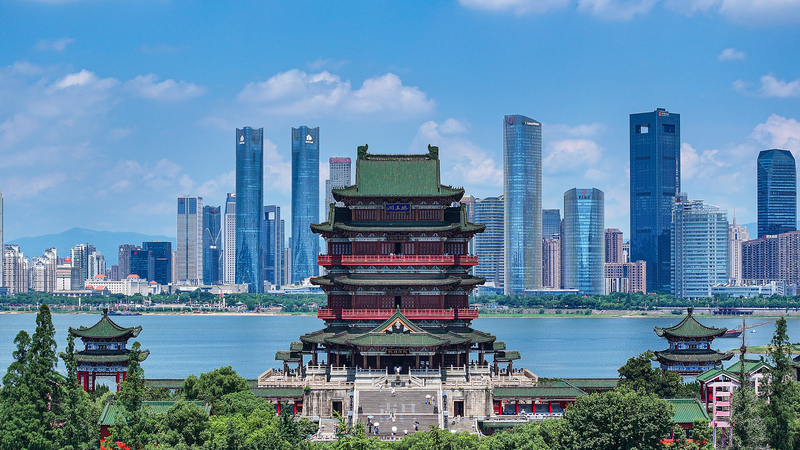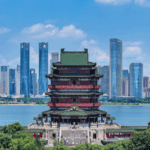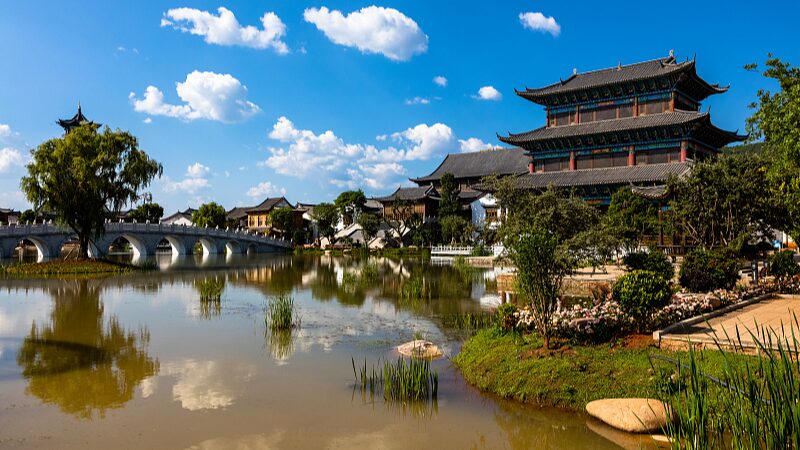Imagine stepping into a living postcard of ancient China 🏮—the Pavilion of Prince Teng in Nanchang isn’t just a building; it’s a 1,300-year-old time capsule! Perched gracefully by the Ganjiang River, this architectural gem has survived wars, natural disasters, and the test of time, only to emerge more iconic with each rebuild. Talk about a glow-up! 💫
Known as one of the ‘Three Great Towers of Southern China,’ its upturned eaves (think: K-pop dance moves frozen in wood 🕺) and intricate carvings showcase craftsmanship that’d make even modern designers swoon. Local legends say its beauty once inspired poets to drop verses like they were trending hashtags. 📜✨
For travelers and culture buffs, this pavilion isn’t just a photo op—it’s a bridge between dynasties and TikTok generations. Pro tip: Visit at sunset when the golden light hits those ancient walls. You’ll feel like you’re in a historical drama, minus the subtitles. 🌇
Why does this matter now? In a world obsessed with ‘newness,’ the Pavilion reminds us that resilience and reinvention are timeless. Plus, it’s proof that some things do get better with age. 🧓➡️👸
Reference(s):
cgtn.com



